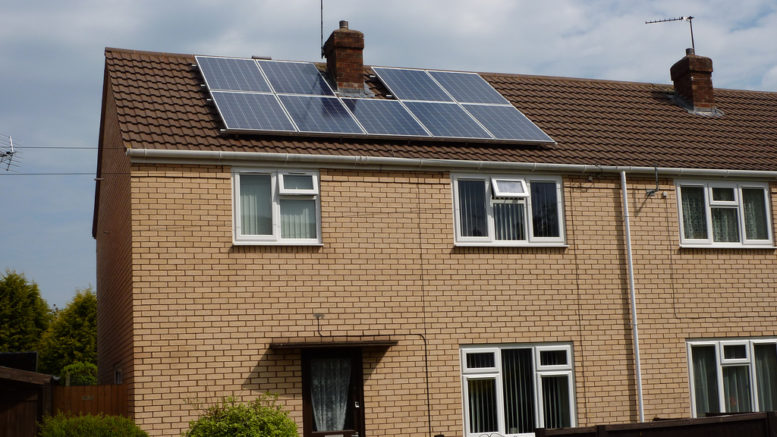Minimum Energy Efficiency Standards are coming, and all landlords must be prepared to ensure that they do not fall foul of the new regulations when they come in.
Private Rented Sector landlords should by now have ensured that all their properties have a current Energy Performance Certificate in preparation for 1st April 2018 when it will be unlawful to let domestic properties which have a lower rating than E as MEES (Minimum Energy Efficiency Standards) Regulations will apply.
The Energy Act 2011 sought to address the issue of properties that were not sufficiently energy efficient and to meet targets set by the UK for reduction in CO2 emissions.
From 1st April 2018, landlords will have to meet the regulations if they accept a new tenant and a new tenancy is granted, or where a lease is renewed to an existing tenant. The new minimum energy efficiency standards do not apply where an existing tenant has a periodic tenancy, only where a new tenancy is granted (perhaps because of a change in terms and conditions). However, this is only a temporary reprieve – all properties in the private rented sector will have to comply with the regulations by 1st April 2023.
There are exceptions and exemptions to the minimum energy efficiency standards, which landlords should explore if in any doubt whether their properties will meet the required standard by 1st April. The exceptions are:
- Properties let on tenancies of more than 99 years and less than 6 months; tenancies of less than 6 months are legal (though a section 21 notices could not be used to evict them) and would probably be seen as very temporary accommodations.
- Any properties exempted from having an EPC.
So, let’s look at the exemptions, as the majority of private lets will not fall into the exceptions category. There may be exemptions if:
- It is not cost-effective to make improvements to reach the required standard – they should show they are cost-effective within a specified period (and this would be years, not months);
- The necessary changes would reduce the value of the property by 5 per cent or more, or damage the property; (landlords would always hope that improvements would increase the value, so how likely it is that this exemption would apply often is questionable).
- Third party consent cannot be obtained for the improvements to take place.
If an exemption applies, this must be registered on the PRS Exemptions Register; this has been available since October 2017, though the exemption may be time-limited, with a date when improvements must be completed, irrespective of the exemption.
That may help some landlords, but the majority will find they do not have properties eligible for an exemption. In that case, failure to provide an EPC showing that it meets E or higher will attract severe penalties, with fines of up to £150,000, depending on the severity of the infringement.
Will landlords be as intimidated by the new legislation as threats of £150,000 fines would merit? Hopefully not, as since April 2016, tenants have been able to request reasonable improvements to their properties, provided there are no up-front costs to the landlord; many landlords have acted on this and been prepared for reasonable expenditure.
The only landlords that need to worry are those that have ignored previous legislation that really have no concern for tenants living in fuel poverty and are prepared to risk the difficulties local authorities will have in policing this extra pressure now placed on them. But of course, there are very few of those landlords – aren’t there?
For advice on buy to let issues – General Knowledge








Be the first to comment on "Minimum Energy Efficiency Standards for Privately Rented Properties"